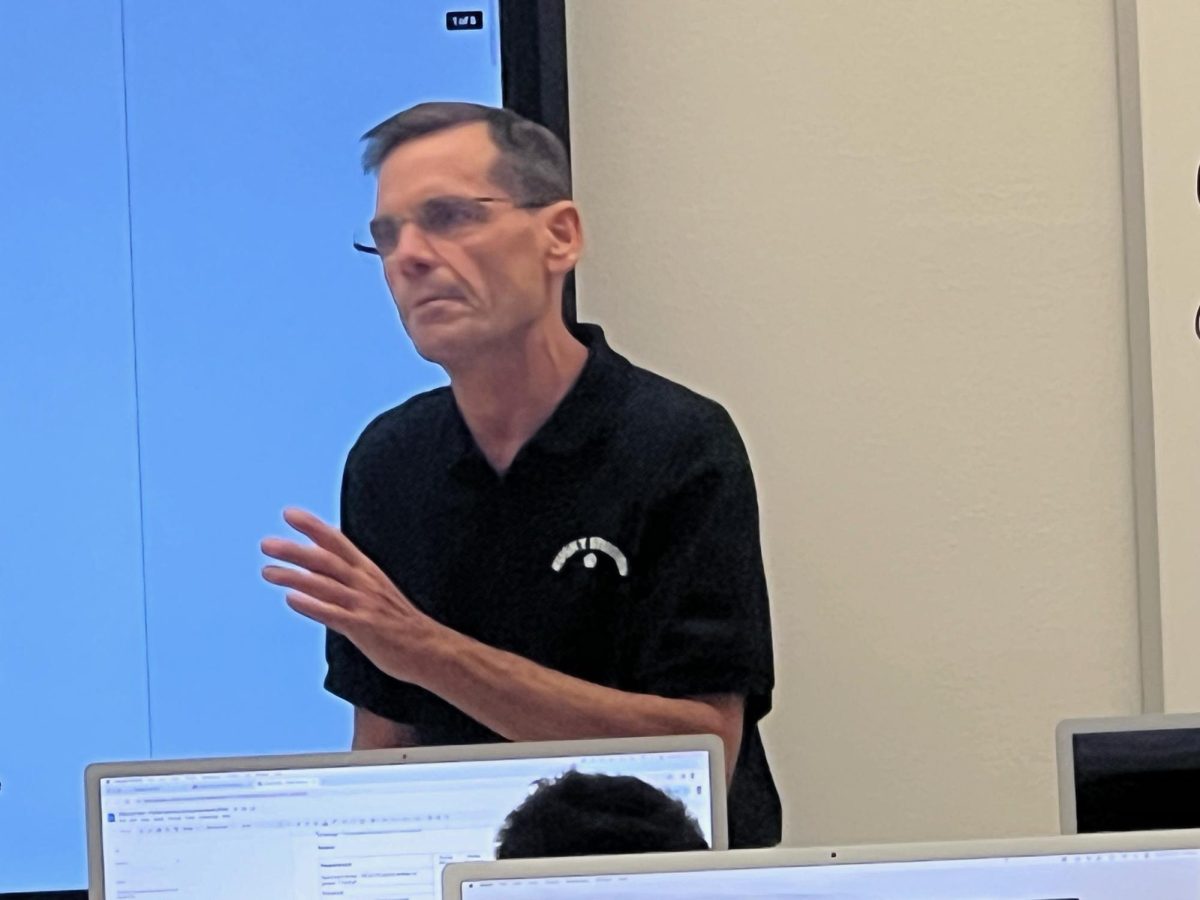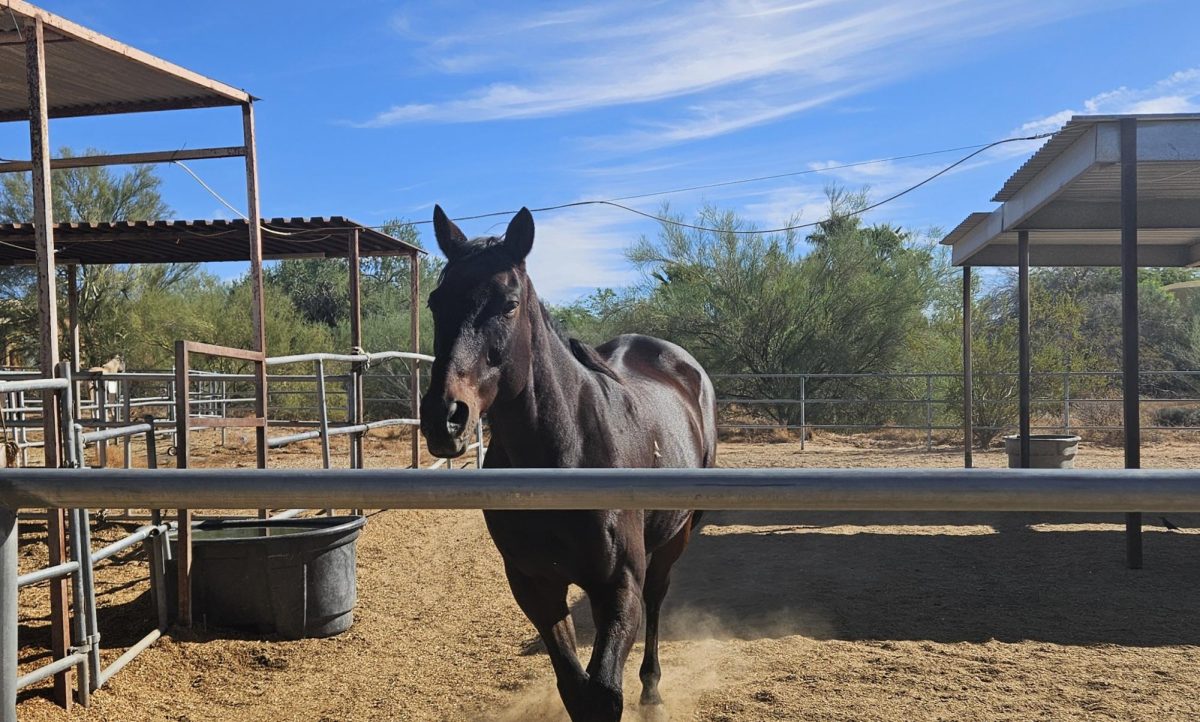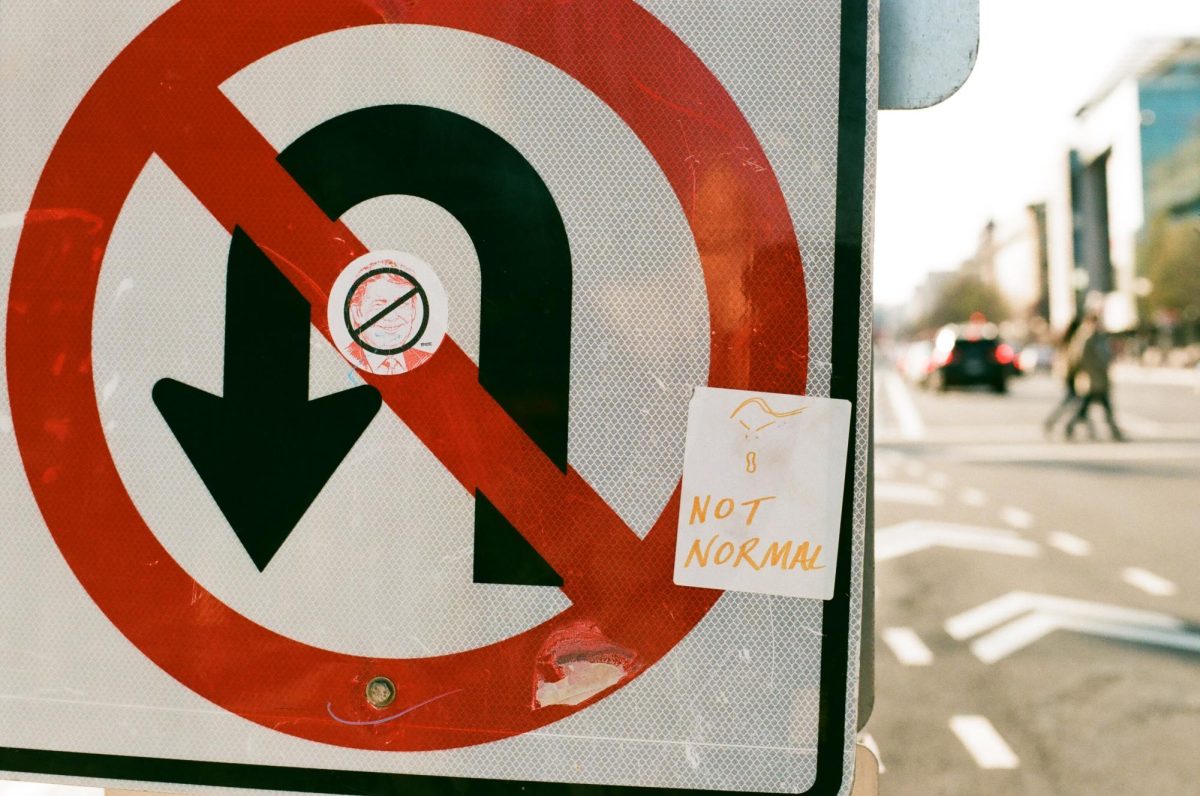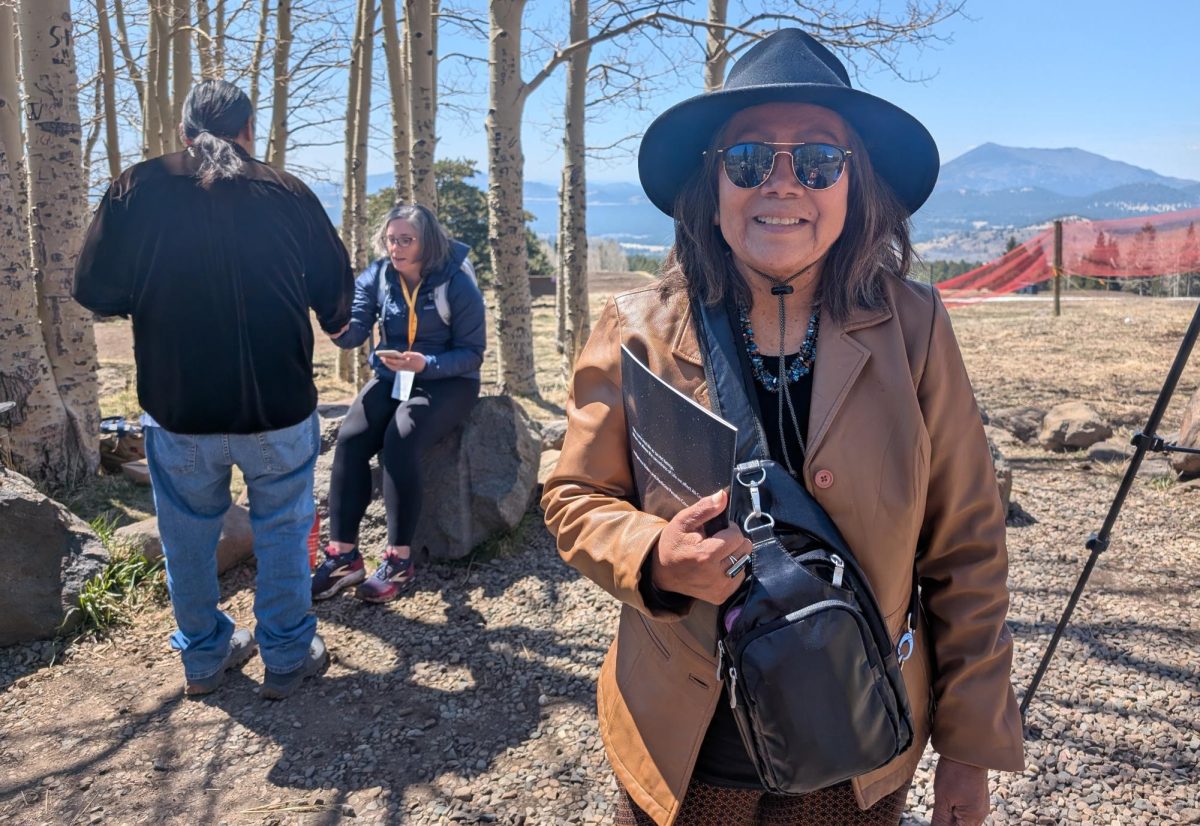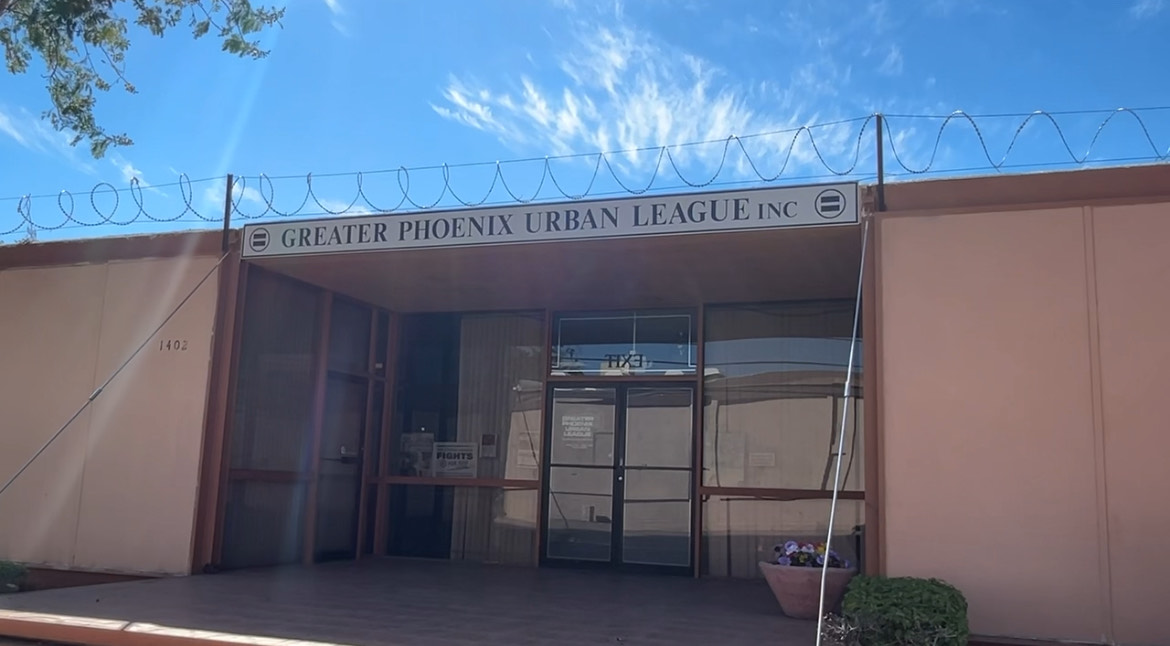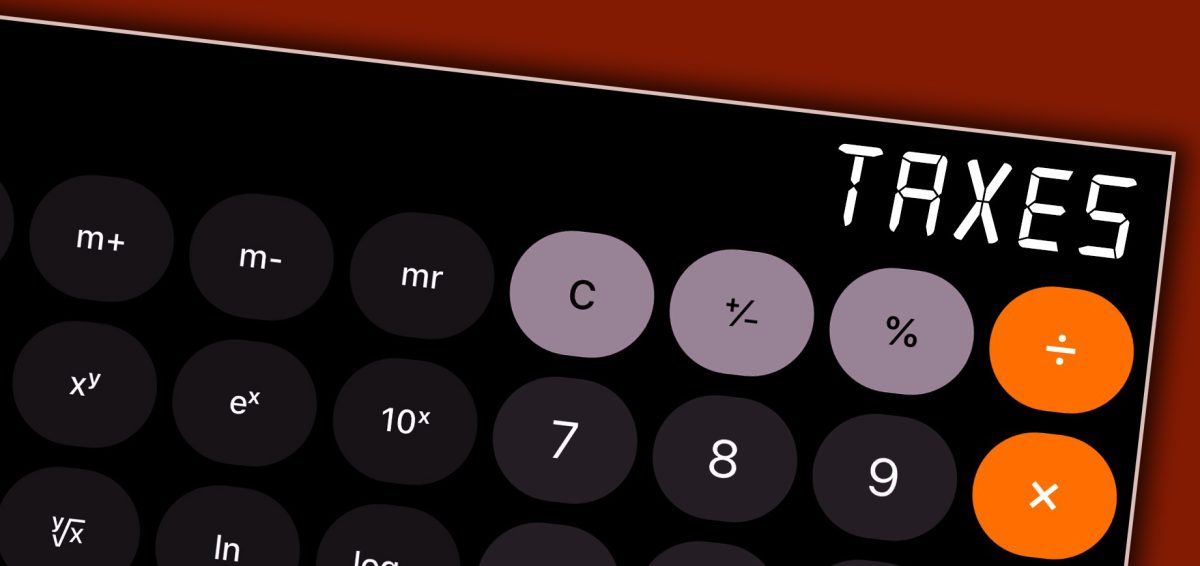Arizona has a teacher shortage and the coming fall is not looking great.
According to ABC news “29.7% of teaching positions remain unfilled across the state.”
There is a growing consensus that students, and many people already in the teaching profession do not want to continue nor pursue teaching.
Research contained in an NPR report, cites “the combination of low pay, a strong economy, bitter politics and pandemic burnout have not only driven some teachers out of the business, it’s also discouraged some new teachers from getting in.”
Reportedly, a study by ASU’s Morrison Institute for Public Policy surveyed 8,000 current educators, 700 former educators (including 16 former teachers who left in the past three years) and 900 education support staff. The survey found that 70% of respondents had considered leaving the profession within the past year.
92% of those surveyed said they only continued teaching because they feel like they make a difference in their students’ lives, most teachers are not happy with their pay and other elements of teaching that has always brought people into the profession.
As of 2022, the average pay for an Arizona K-12 teacher was $56,775, about $10,000 less than the national average, according to the Governor’s Office.
Lynn Richards is an elementary school teacher in Glendale and told Northeast Valley News, “Teaching should be respected, but instead, teachers are often on the front lines of contempt, criticism and even abuse from parents— and the pay—there’s no way anyone will continue to stay in this toxic climate for the what they pay us. I love my students, but each year is more and more difficult to deal with. I can make as much in another profession without the stress of an increasingly stressful environment.”
Along with the dismal pay, teachers told Northeast Valley News that waning support from parents and administration is bleak and the politicizing of education is exhausting.
“One teacher told Northeast Valley News, “We have literally had teachers union reps sit in on parent/teacher meetings because the political climate has become so threatening.”
Marketing educator at Horizon High School in Phoenix told Northeast Valley News that it’s not surprising wages are driving the low demand for the profession.
“Unfortunately, the pay for teachers never really went up with inflation in the U.S. and so now we have at least some states especially here in Arizona, a very low wage job for a very demanding position,” Palmieri said.
Educators often do not have the best work environment and they lack administrative support.
“They sometimes lose track of the importance of the relationship building with the teachers themselves, the teachers are very engaged with their students but somewhat lost within the organization, because the admin team is focused on pleasing the district and they really don’t have enough time to engage with the teachers to create a culture where teachers want to stay even if they do have a difficult job,” Palmieri said.
The union working on behalf of educators have their work cut out for them.
AEA or the Arizona Education Association is a 140 year old organization that is a state affiliate of the National Education Association.
President of the Arizona organization Marisol Garcia told Northeast Valley News, “We have a basic initial motto which is Insuring Quality Education for Every Student.”
The AEA is run by representative democracy.
“We are one of the few member driven organizations in the state so all of our work is based on what members want and need,” Garcia said.
So, how does the AEA actually aid teachers in Arizona?
“At a district level, we go to school board meetings, we have over 140 locals throughout the state who do the same things, they negotiate their salary, they negotiate anything from making sure we have better textbooks or we have more staff or smaller class sizes, and if you amplify that up on a statewide level we get involved with policy not only at the legislature but also with the governor, the Arizona department of education and then the state board of education,” Garcia said.
While the union is vital to teacher negotiations and representation, it’s important that parents and the public at large understand the challenges teachers face—support for educators overall has diminished and this general lack of support is a main component that’s driving the dwindling pool of teachers.
Teaching has become a widely disrespected job.
Bitter politics and extreme ideological views have entered into classroom instruction and curriculum and has played a part in the decline of a once inspirational profession and some teachers simply decide it’s not worth it.
While Palmieri is aware of these challenges, he and other educators remain in the profession—motivated by their own priorities.
“The reason a lot of teachers continue to teach, despite low wages and perhaps a culture that’s not as appealing, is the students, the engagement, building the relationships with the students in the classroom and having very robust and great instruction with the students is what keeps most teachers going”, Palmieri said.


